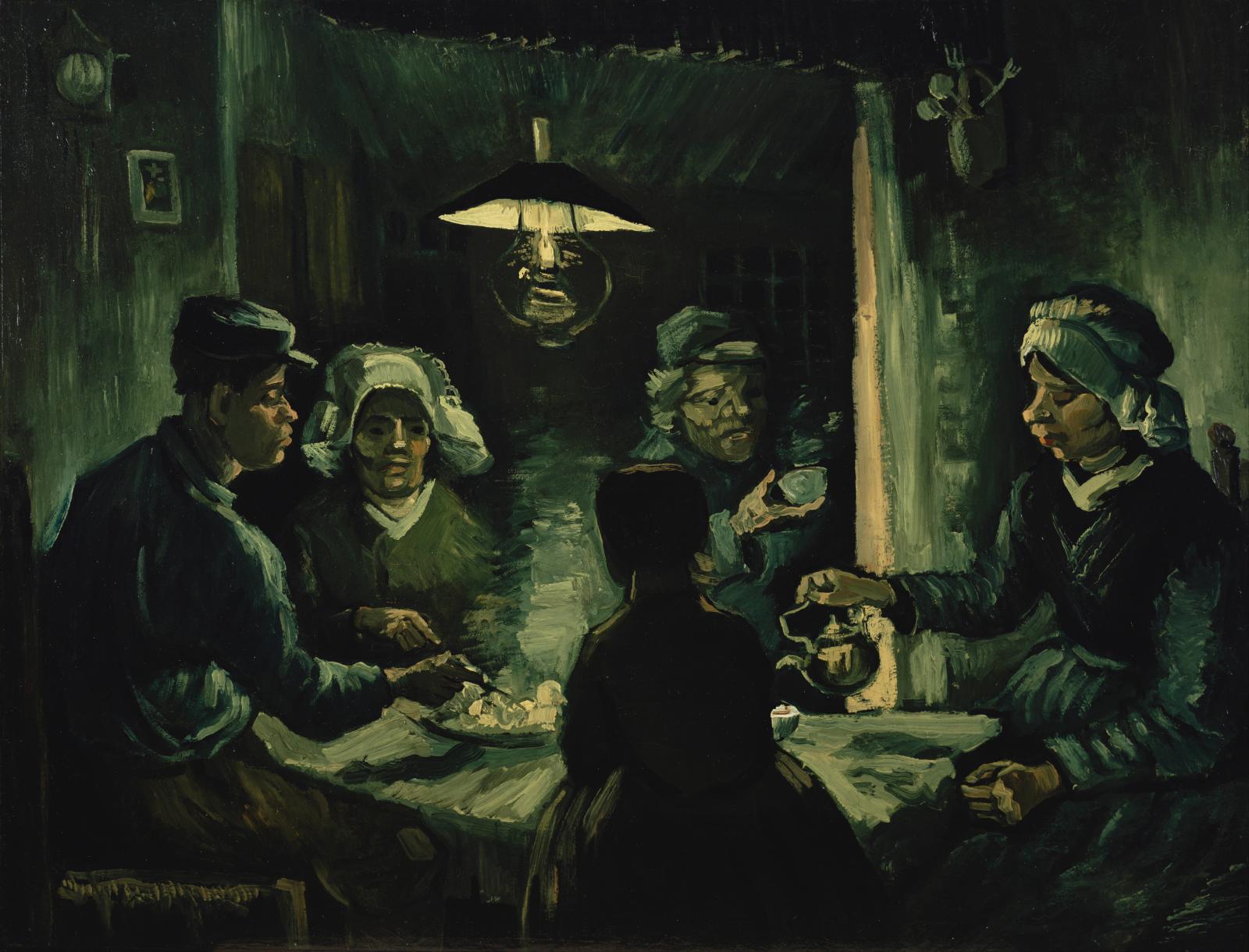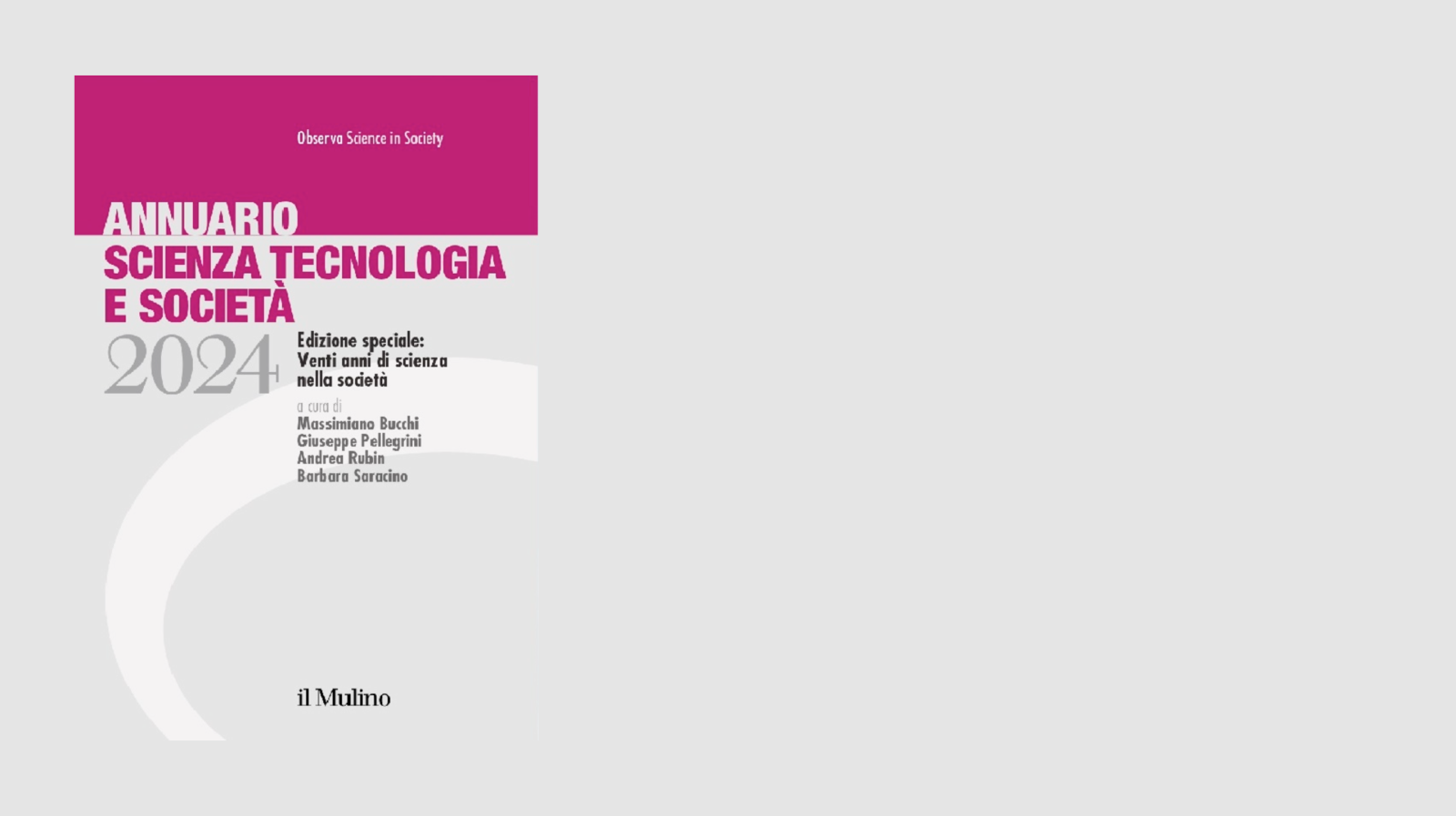
Socioeconomic disadvantage may trigger chronic inflammation, thus leading to health inequalities
London, January 28th2019– Populations from countries with higher income inequality have higher average levels of inflammation and display greater differentials in inflammation based on individuals’ socioeconomic position. These are the striking findings of a study published on Scientific Reports by researchers of the LIFEPATH project, an EU-funded consortium that investigates the biological pathways underlying social differences in healthy ageing.
It is now a well-established fact across all societies where evidence has been collected that socioeconomic position (SEP) has important effects on health and life expectancy. Irrespective of the measure of SEP used (e.g. income, education, social class or status), one thing is clear: socially and economically disadvantaged individuals have a shorter life expectancy and worse health during life. Moreover, these external influences on health start to emerge early in childhood and gets steeper with age.
SEP can impact on our life by influencing biological function via the material environment – the location and quality of housing, exposure to pollutants, damp and pathogens as well as health behaviours. But there is a growing body of evidence suggesting that SEP may also directly shape biological health via neurological and hormonal pathways.
Economic strain, uncertainty and lack of control or threats to social status may provoke chronic psycho-social stress, which in turns can result in a chronic inflammatory response. This emerging link between psycho-social stress and disease could provide an explanation of cross-national variation in health and well-being that is not based on national wealth. Several scientists have developed the ‘status anxiety hypothesis’, which argues that absolute variation in morbidity – the rate of illness in a population – and mortality across developed societies is more strongly correlated with level of income inequality than to gross domestic product per capita.
To test this hypothesis, LIFEPATH researchers analysed data from 18,349 individuals aged 50 to 75 from Britain, Ireland, Portugal and Switzerland, using the individuals’ employment position as a marker of socioeconomic position, the concentration of the C-reactive protein (CRP) as an indicator of chronic inflammation and a series of parameters like smoking, body-mass index, diabetes and hypertension to adjust for variation in lifestyle factors.
What they found is that, holding the distribution of age, sex and SEP constant, the mean concentration of CRP is highest in Portugal, the country with the highest income inequality and lowest in Switzerland, the lower income inequality country. It is possible that this pattern actually reflects the per capitaincome of these countries, but the research also shows that the absolute and relative differentials between SEP groups also varies across countries in a way that would be expected if level of income inequality contributes to inflammatory processes. Age seems to act as a leveller, since differentials between low SEP and high SEP in inflammation are highest at the age of fifty and fall thereafter. LIFEPATH results also suggest that health behaviours play a relevant role in the development of inflammation.
«Across countries socio-economic mortality differentials have been rising since the 1980s and in some countries such as the US, overall life expectancy is now falling compared to previous generations», commented Richard Layte from Trinity College Dublin, the leading author of the study. «Is this trend related to the economic changes that have occurred since the 1980s, one dimension of which is increasing income inequality? Some have labelled this excess mortality as “deaths of despair”, driven in large part by decreasing psychological well-being. Our paper provides the first evidence of the physiological process that may account for this trend and the important role of inflammatory processes for the risk of diabetes, heart disease and cancer».
«This study constitutes an important step in our understanding of the origins of social inequalities in health, and also in the understanding of cross-country variations in population health. Further studies using markers of stress at the individual level will help in validating our results», added Silvia Stringhini from the Lausanne University Hospital, another author of the study.



